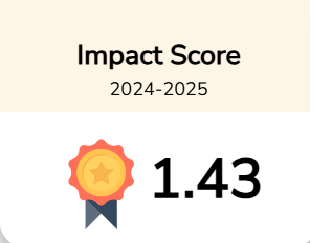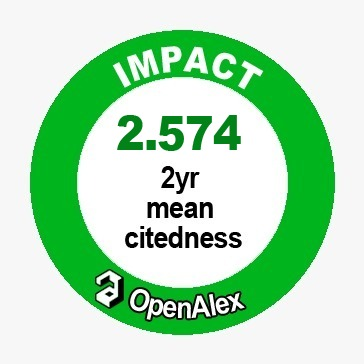Artificial Intelligence and Foresight for a Decolonized Education Model in Niger
Downloads
This study explores how to integrate artificial intelligence in the Nigerien educational system, based on a systematic review of twenty-seven institutional and scientific documents published between 2018 and 2023. The methodology, inspired by Glaser and Strauss’ grounded theory, enabled a rigorous thematic analysis of reports from the Ministry of National Education, studies by the World Bank and UNESCO, and publications from national research centers such as LASDEL and Abdou Moumouni University of Niamey. Results indicate that artificial intelligence has significant potential to address three major structural challenges. It can reduce class overcrowding, where the national ratio is one teacher for fifty-six students, overcome language barriers in a context where fewer than thirty percent of primary school entrants are proficient in French, the official language of instruction, and mitigate the chronic lack of educational resources. Pilot projects such as the “Smart Schools” demonstrated learning gains of fifteen to twenty-three percent. The study also identifies key obstacles, including low school connectivity, high dependence on imported educational content, and the absence of a locally adapted ethical framework. To overcome these challenges, a contextualized and decolonized integration model is proposed over three phases from 2024 to 2035. It prioritizes low-tech and energy-efficient solutions, the inclusion of national languages from the design stage, and strengthened teacher training and support. Priority applications include intelligent tutoring in local languages and the use of data analytics to optimize resource management, especially in marginalized rural areas. This research establishes theoretical and practical foundations for a renewed Nigerien educational model where artificial intelligence acts as a lever for pedagogical empowerment and technological sovereignty. By emphasizing contextualization, epistemic decolonization, and cultural grounding, the study contributes to the development of an ambitious and locally rooted African model of educational innovation.





